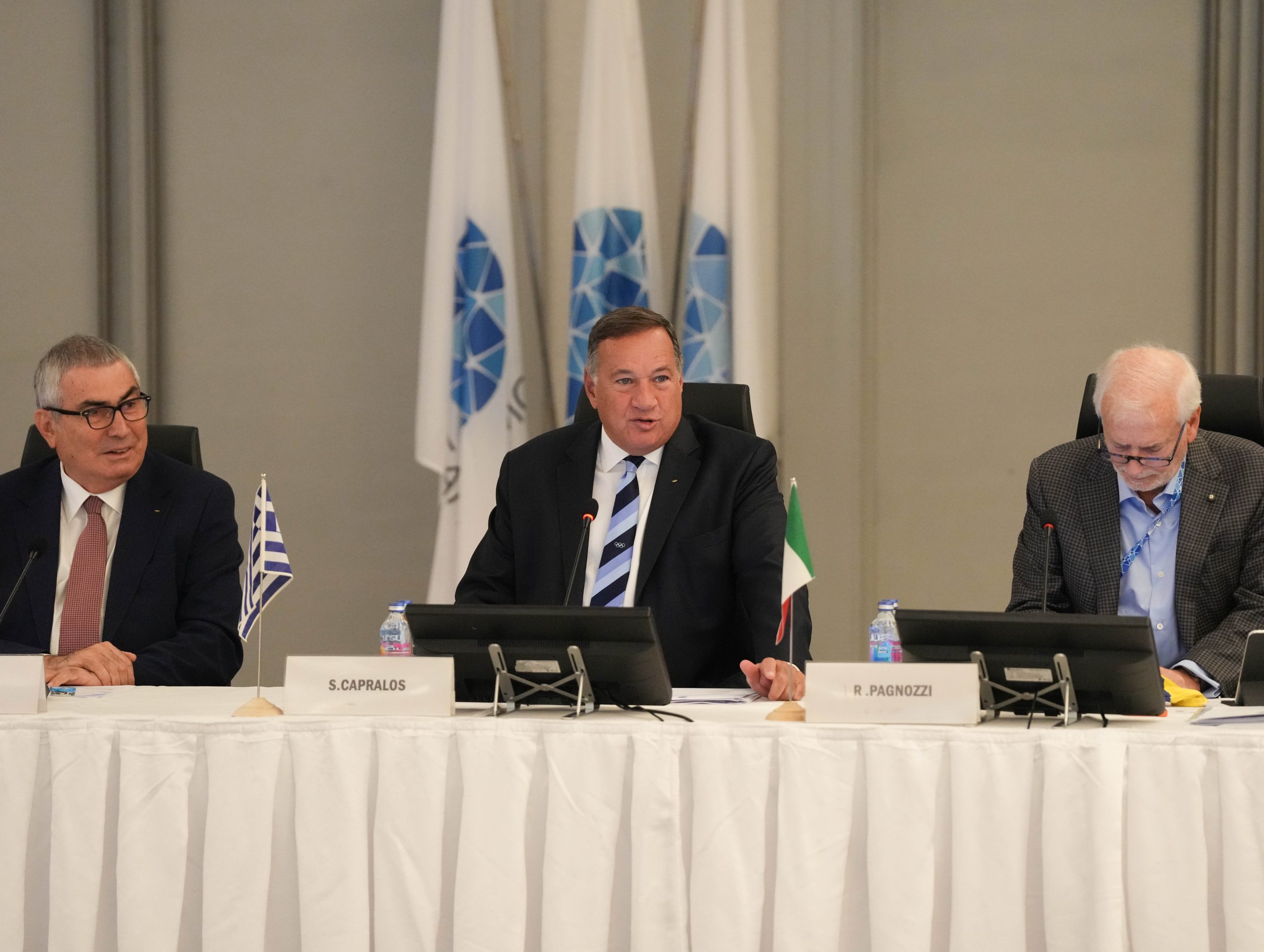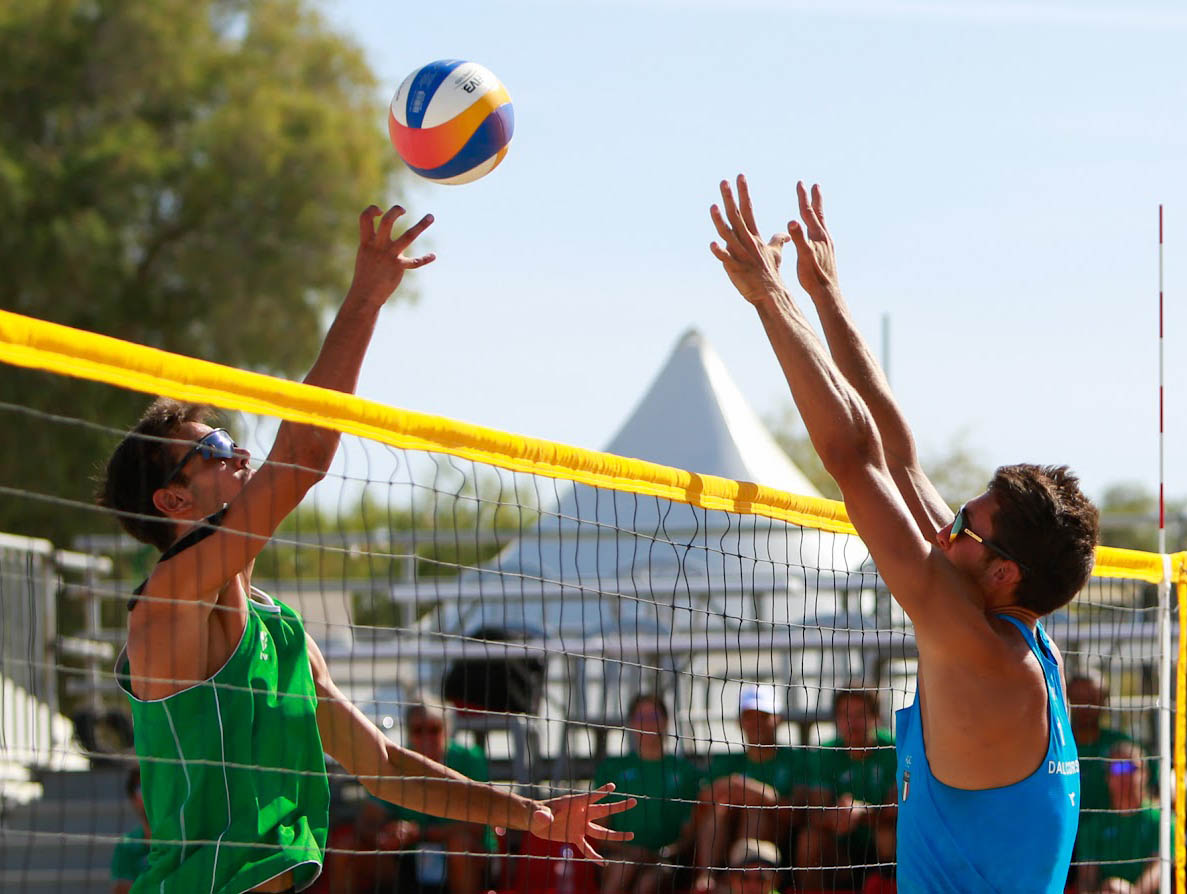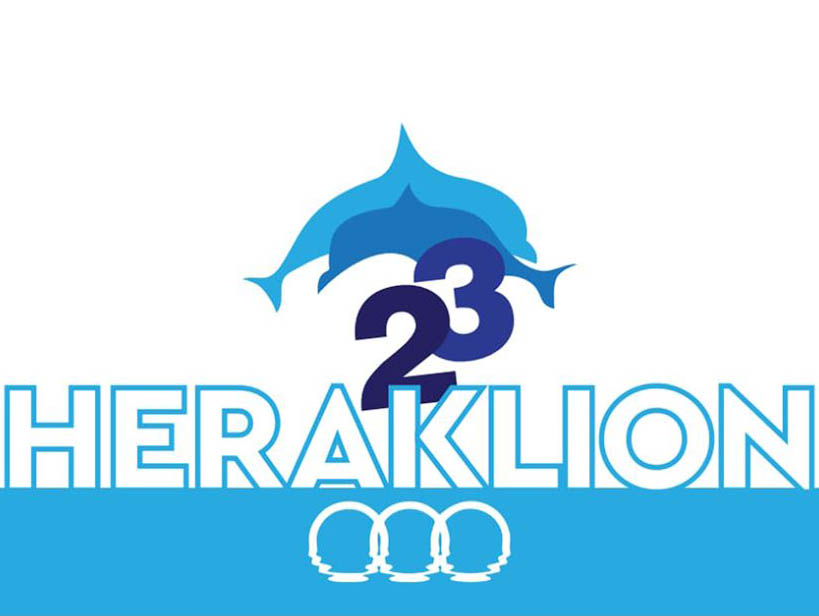1. European Elections
349 million electorates in the European Union countries were invited to vote their representatives in the European Parliament between June 10th and June 13th. For the first time the citizens of the new member states joined the election including Poland, Malta, Cyprus, Hungary, the Czech Republic, Slovakia, Slovenia, Lithuania, Latvia and Estonia.
For the upcoming legislative period (until 2009) the number of Parliamentarians will increase from 626 to 732.
Official voices value the turn out of only 45,5% (voters) in this election as disappointing. This is the lowest turn out ever since the introduction of the direct election of the European Parliament in 1979. In the new member states only one third of the electorate took advantage of their right to vote.
The new Parliament will be composed of
· 272 representatives of the conservative party (PPE-DE),
· 201 members of the social democratic party (PSE),
· 66 politicians of the liberal party (ELDR),
· 36 representatives of the Federal group of the European United Left, Nordic Green Left,
· 42 members of the Green party,
· 28 representatives of the Union for a Europe of Nations,
· 18 politicians of the party For a Europe of Democracies and Diversities and
· 69 others.
Both the constitutional meeting as well as the election of the committee members will be held during the Strasburg week from July 20th until 23rd.
2. José Durao Barroso new president of the EU-Commission
The Portuguese José Durao Barroso, an experienced candidate in international affairs, has been presented for the position of the president of the European Commission.
Being born in 1956 in Lisbon he studied law at Lisbon University and furthermore political sciences in Switzerland and the United States.
He started his political career in a maoist movement at university in 1974, but soon joined the conservative social democratic party (PSD) in 1980. In 1985 Durao Barroso was elected Member of Parliament for the PSD for the first time and one year later was promoted Secretary of State for the Ministry of Internal Affairs. In 1987 he moved on to the Ministry of Foreign Affairs and in this function acted as negotiator in the Angolan civil war.
In November 1992 Durao Barroso became Minister of Foreign Affairs, but after his partys election defeat in 1996 reassumed his academic carrier as a professor at university.
In May 1999 he was elected chairman of the PSD and would seize its chance to assume the post of Prime Minister at the anticipated elections in May 2002.
In the Iraq-question he positioned in support of the United Stated signing the so called Declaration of 8.
The politician being regarded in his own party as controversial is considered to be an expert in Foreign Affairs and speaks English, French and Spanish.
Should his election be reaffirmed by the European Parliament Barroso has already announced a stronger surveillance of the Copenhagen criteria under his presidency
3. Stadium dispute: Monti refers to UEFAs right to self-administration
The background to the dispute is the obligation of the Alemania Aachen football club to switch to another stadium for the UEFA Cup matches because the Aachen stadium was below the seating capacity prescribed by the UEFA. For this, Alemania Aachen wanted to fall back on the stadium in the Dutch Kerkrade, which is 10 km away, rather than use the facilities of the German stadium 80 km away. UEFA had refused this request. Under Article 3 (6) of the UEFA 2003/2004 rules, a clubs request to hold its matches on the territory of another State requires UEFAs approval. Previous experience shows, however, that, in principle, UEFA grants the relevant approval only in the case of safety problems.
In response to a written enquiry from MEP Armin Laschet regarding the compatibility of the UEFA refusal with the European regulations on the Single Market, EU Competition Commissioner Monti denied that the EU is responsible for settling this state of affairs. Drawing on the example of the Mouscron case in his response, the commissioner said the UEFA had exercised its legitimate right of self-regulation as a sports organisation in a manner which could not be challenged by the Treatys competition rules. The Mouscron case stems from a complaint lodged against UEFA in 1997 following the UEFAs decision not to allow the UEFA Cup game between Excelsior Mouscron (a Belgian football club) and a French team to be held at the ground of the French club Lille-Métropole.
4. Social dialogue in sport meets in Paris
As part of the Building the Social Dialogue in the Sport Sector (BSDSS) project supported by the European Commission, the closing conference of the last phase of the project was held in Paris on 10 and 11 June 2004. Employees (UNI EUROPA) and employers (EOSE) representatives from eleven European Union Member States were present.
The aim of the project and, in particular, of the conference was to designate social partners in sport in the respective Member States, encourage exchanges between the partners present and, for the long term, form a committee for sectorial social dialogue.
A provisional body of representatives of the social partners from every participating country, in which employers and employees from every EU State are represented on an equal basis, is to consolidate the results of the project and prepare the setting-up of a committee for social dialogue in sport.

















